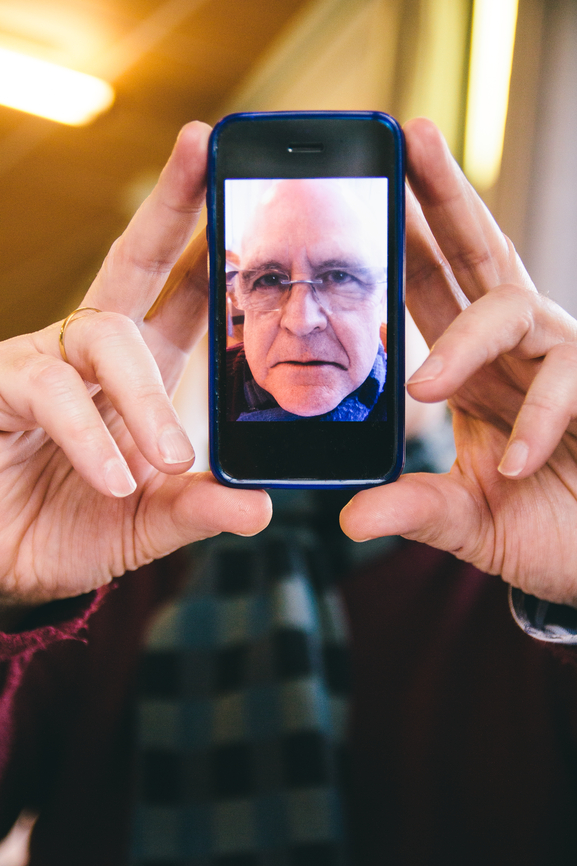Nearly everyone knows of a stubborn elderly person who lives on their own but won’t wear a medical alert pendant. With the advent of the smartwatch, technology to help seniors age in place more safely, while being style conscious and comfortable, is already on the market south of the border.
It won’t be long until the antiquated and clunky “fallen and I can’t get up” emergency response systems are replaced with a watch which will remind you when you have missed a medication, count your steps or notify someone if you have fallen and need medical attention. Some styles yet to hit the market will include gps locating systems and use the cellular network rather than wifi to allow freedom of movement.
Health care wearables that can send information such as heart rate, blood pressure and other biometrics to health care practitioners will be finding their way into drugstores before long. According to a marketing survey by Revera, one of Canada’s provider’s of senior housing, nearly 50 per cent of those 75 and older feel secure using technology to make their homes more secure and monitor health care.
Already available are wireless scales, blood pressure monitors, glucometers and pulse oximeters which can be accessed through an app from a smartphone, tablet or computer. The information can be measured, tracked and shared with a doctor or caregiver. The new generation of activity trackers monitor not only steps taken and calories burned but also track sleep efficiency.
Although not yet available in Canada, Lively is on the market in the United States, Australia and the United Kingdom. The personal emergency response makes help available 24 hours a day, offers medication reminders, daily activity sharing, step counting, family alerts and is waterproof. The kit includes a central hub, a safety watch and four sensors which monitor behaviour patterns such as opening the fridge, taking medication or visits to the bathroom. Disruptions in habits can alert loved ones to a possible problem without using invasive cameras.
The best new medical alert systems would be discrete, waterproof (80 per cent of falls occur in the bathroom), lightweight, comfortable and have fall detection technology and well as options regarding who to call in an emergency. Check back; as soon as all this is available in Canada, you will be the first to know!






Add Your Voice
0 Comments
Join the Discussion